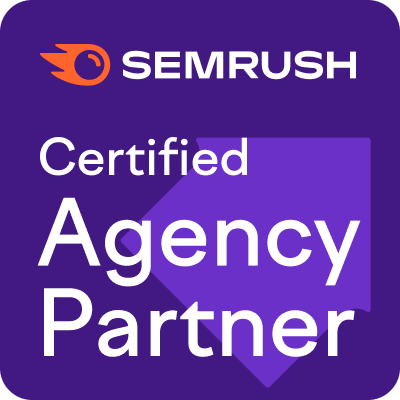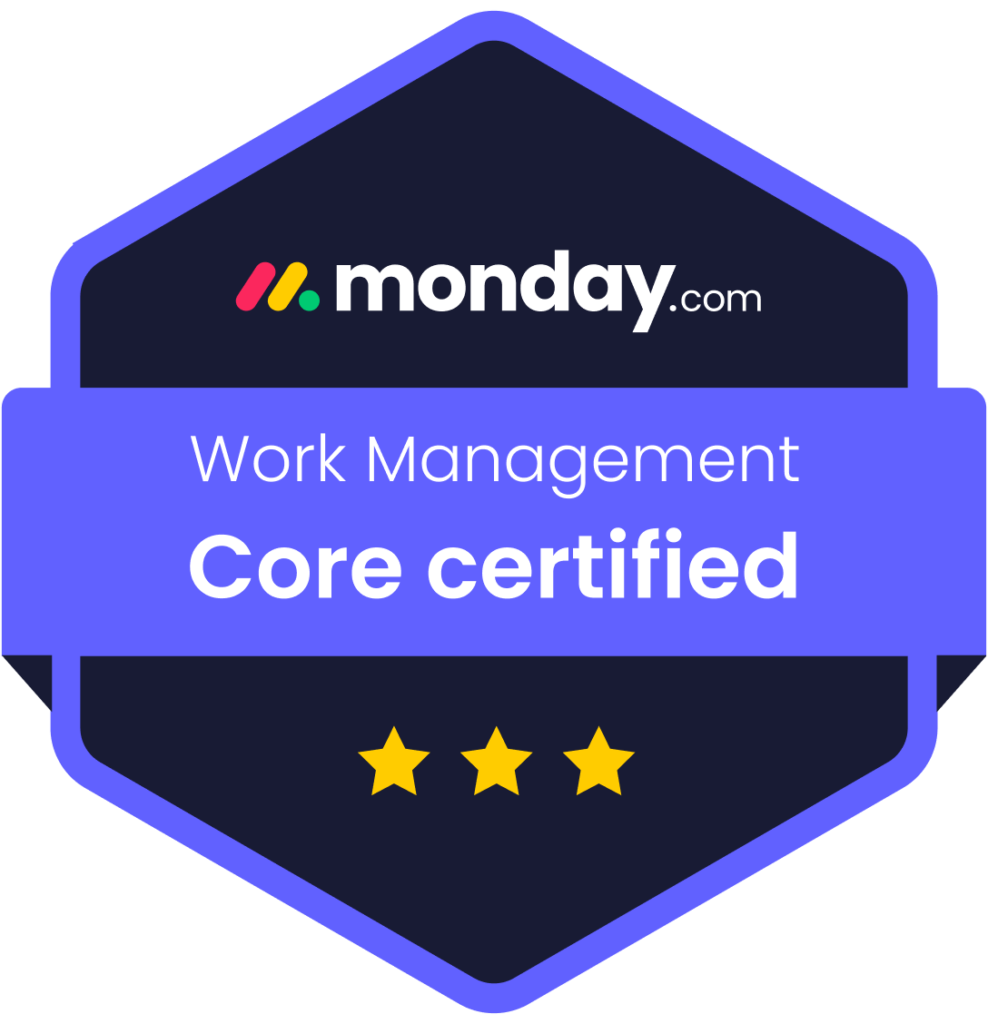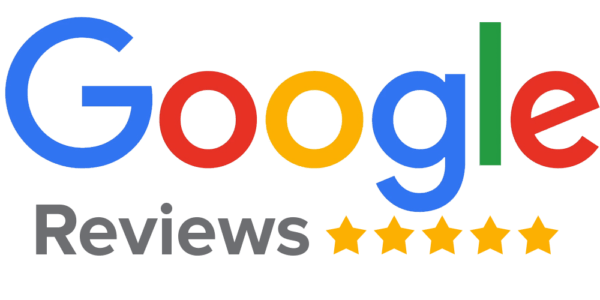In the world of digital marketing, search engine optimization (SEO) plays a pivotal role in driving traffic and boosting online visibility. While the core principles of SEO apply universally, there’s a distinct difference between enterprise SEO and traditional SEO. Understanding these differences is critical for businesses seeking to maximize their online impact.
This article explores the nuances of enterprise SEO versus traditional SEO, highlighting the challenges, strategies, and tools unique to each approach.
What is Traditional SEO?
Traditional SEO refers to the optimization practices used by small to medium-sized businesses (SMBs) to enhance their online presence. This approach focuses on improving search engine rankings for a smaller number of web pages and generally involves targeting localized or niche audiences.
Key Characteristics of Traditional SEO
- Smaller Scale
Traditional SEO typically optimizes a limited number of pages or services. This is especially true for businesses with fewer offerings or local services. - Local Focus
Small businesses often rely on local SEO to attract customers within their geographic area. This includes optimizing for Google Business Profiles and local keywords. - Limited Resources
Traditional SEO campaigns usually operate with smaller budgets, requiring strategic prioritization of efforts like keyword targeting, content creation, and backlinks. - Manual Processes
Many traditional SEO tasks, such as keyword research and on-page optimization, are performed manually or with basic tools.
What is Enterprise SEO?
Enterprise SEO, on the other hand, is tailored to the needs of large organizations with extensive websites. These companies often target multiple regions, languages, or market segments, requiring a highly scalable and complex approach.
Key Characteristics of Enterprise SEO
- Large-Scale Operations
Enterprise SEO involves managing thousands of web pages, including product pages, blog posts, and landing pages. - Global Reach
Unlike traditional SEO, enterprise SEO frequently incorporates international and multilingual strategies to reach a global audience. - Sophisticated Tools and Technology
Enterprise businesses use advanced SEO tools to handle large volumes of data, automate repetitive tasks, and gain actionable insights. - Cross-Department Collaboration
Enterprise SEO often involves coordination with marketing, IT, sales, and content teams to implement strategies effectively.
Key Differences Between Enterprise and Traditional SEO
1. Scale and Complexity
- Traditional SEO: Focuses on a smaller number of keywords and pages. Efforts are usually concentrated on optimizing the homepage and a few core pages.
- Enterprise SEO: Involves optimizing thousands of pages across multiple domains and subdomains. The scale adds complexity, requiring robust tools and processes to maintain consistency and performance.
2. Keyword Strategy
- Traditional SEO: Relies on long-tail keywords and specific phrases relevant to local or niche markets.
- Enterprise SEO: Employs both short-tail and long-tail keywords, leveraging a broader keyword portfolio to target diverse audiences and high-competition terms.
3. Content Strategy
- Traditional SEO: Often involves creating content that appeals to a specific audience or region.
- Enterprise SEO: Requires an extensive content strategy that addresses multiple buyer personas, industries, and languages. This may include dynamic content generation and personalization.
4. Technical SEO
- Traditional SEO: Centers on ensuring that a smaller site is crawlable, fast, and mobile-friendly.
- Enterprise SEO: Tackles more complex challenges such as optimizing site architecture, managing multiple sitemaps, handling duplicate content issues across thousands of pages, and implementing schema markup at scale.
5. Analytics and Reporting
- Traditional SEO: Uses basic analytics to track metrics like organic traffic, keyword rankings, and bounce rates.
- Enterprise SEO: Requires advanced analytics tools to monitor performance across vast datasets, identify trends, and align SEO efforts with broader business objectives.
6. Resources and Budget
- Traditional SEO: Operates with limited budgets and resources, often requiring DIY approaches or small-scale outsourcing.
- Enterprise SEO: Commands significant investment in tools, platforms, and dedicated teams, allowing for a more data-driven and strategic approach.
Challenges in Enterprise SEO
- Managing Scale
Coordinating SEO efforts across thousands of pages can be overwhelming without the right tools and workflows. - Internal Collaboration
Aligning various departments to ensure cohesive SEO efforts requires clear communication and shared objectives. - Staying Agile
Large organizations may face bureaucratic hurdles that slow down SEO implementations, making it challenging to respond to algorithm changes or market shifts quickly. - Preventing Duplicate Content
Managing duplicate content across a large site or multiple sites is a persistent challenge in enterprise SEO. - Data Overload
Analyzing vast amounts of data to make informed decisions demands sophisticated analytics platforms and skilled professionals.
Best Practices for Enterprise SEO Success
1. Invest in Advanced Tools
Use enterprise-level platforms like SEMrush, Ahrefs, or BrightEdge for keyword tracking, content analysis, and competitor insights.
2. Automate Where Possible
Automation tools can help streamline repetitive tasks such as reporting, content updates, and technical audits.
3. Prioritize Site Architecture
Ensure a logical and scalable site structure that facilitates easy navigation and efficient crawling by search engines.
4. Develop a Unified Content Strategy
Create a content roadmap that addresses the needs of diverse audiences while maintaining consistency in voice and branding.
5. Focus on Data-Driven Decisions
Leverage analytics to understand what works, refine strategies, and demonstrate ROI to stakeholders.
6. Stay Agile
Foster an SEO culture that encourages adaptability and rapid response to changes in search engine algorithms or consumer behavior.
Conclusion: Which Approach is Right for You?
The choice between enterprise and traditional SEO boils down to the scale and goals of your organization. Small to medium-sized businesses can thrive with traditional SEO, focusing on localized efforts and niche markets. Meanwhile, large organizations need the scalability, automation, and advanced strategies offered by enterprise SEO to stay competitive in a global landscape.
Whether your business is scaling up or seeking to dominate a competitive market, aligning your SEO strategy with your specific needs is crucial. At Skyfield Digital, we specialize in tailored SEO solutions to meet your goals, no matter your business size. Contact us today to explore how we can elevate your online presence.













